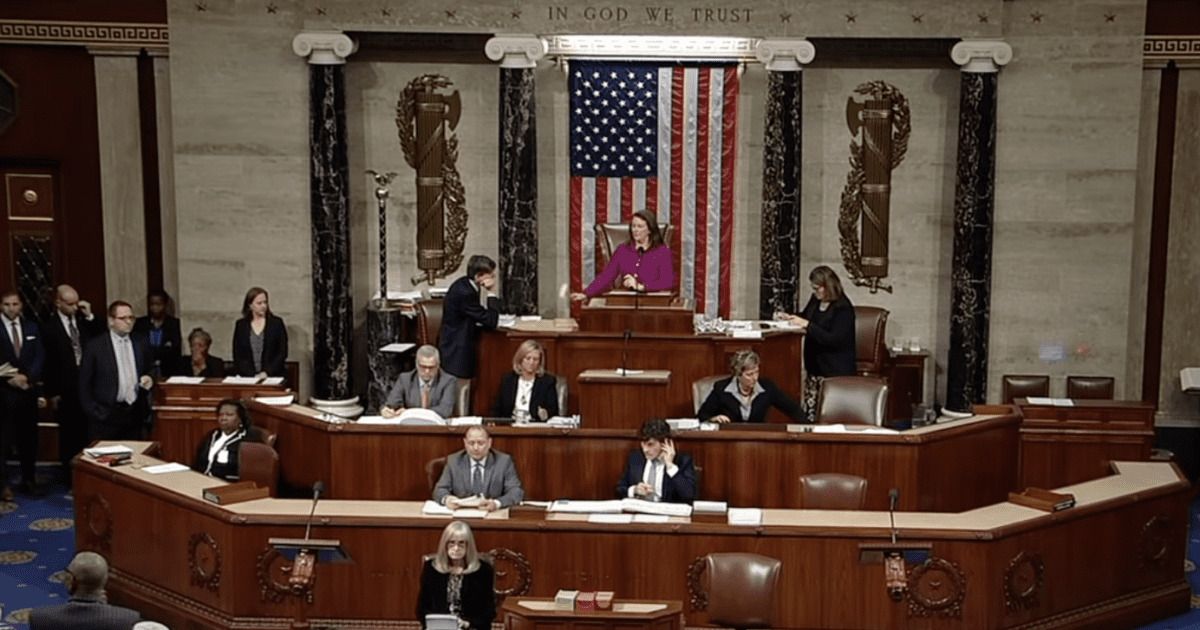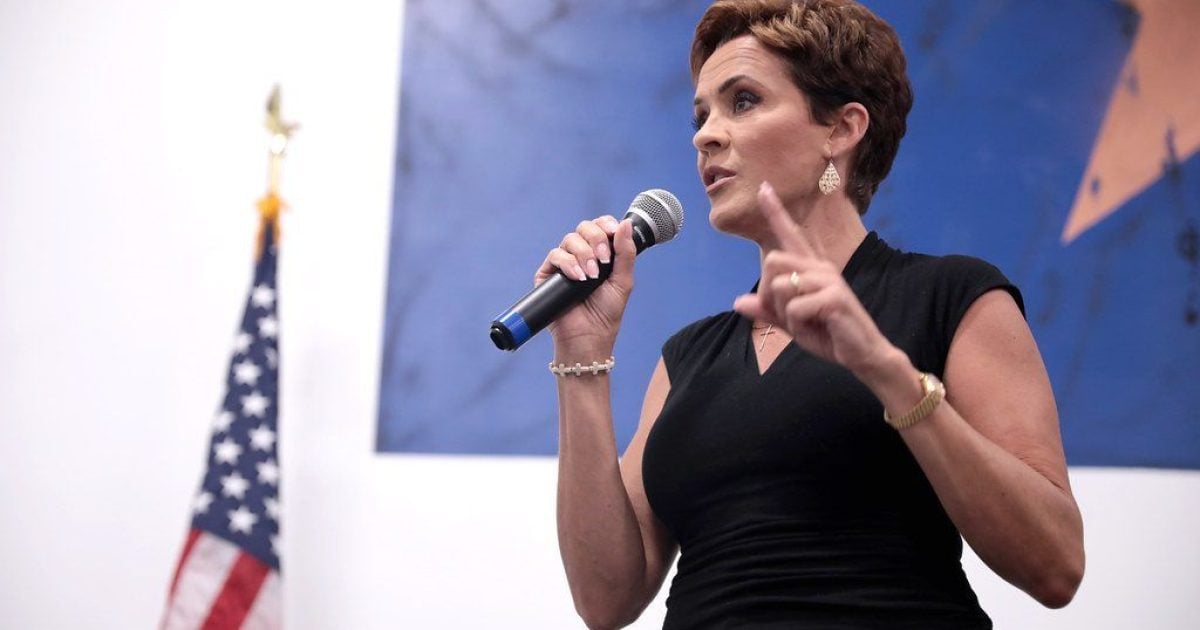
spectator.org
Herbert Spencer: A Revaluation of This Classical Liberal Thought Leader
Herbert Spencer was once considered a towering figure in Western intellectual life. The ideas expounded by this “eminent Victorian” philosopher were imprinted on the minds of an entire generation of thinkers. While his reputation started to decline after his death in 1903, Spencer was still considered important enough to warrant a whole chapter in Will Durant’s immensely popular book The Story of Philosophy, originally published in 1926. Despite wide acclaim, Spencer’s reputation suffered a precipitous decline in subsequent years. This resulted in his fading from the cultural debates of the 20th century, even though many of his ideas were still functioning “behind the scenes.” Recent times have not been any kinder to the memory of this formerly respected thinker. Indeed, if they evoke him at all, contemporary academics tend to treat Spencer as a crude social Darwinist: He coined the phrase “survival of the fittest” in his 1864 work Principles of Biology. In reality, his views are far more complex and deeper than many of his modern-day detractors would care to admit.
In fact, Spencer was a self-identified political liberal of the old-school variety. Thus, the canard that he was the promulgator of a ruthless social Darwinism is more caricature than reality. Far from being a supporter of the status quo, he ruthlessly castigated the British aristocracy for its unearned wealth, its laziness, and its political incompetence. Furthermore, he also considered the landed nobility to be essentially backward — treating their rural roots as one of the sources of a retrograde militarism, which threatened to drag Britain backwards socially, morally, and politically. Consequently, Spencer opposed the spirit of imperialism so characteristic of British Victorian society, considering it injurious to future progress. He felt that the British Empire was unfairly enlarged at the expense of the natives of the conquered lands. Natives that he considered to have been ruthlessly despoiled of their legitimate patrimony and needlessly massacred in retaliatory military actions.
Spencer’s views on welfare were not those of a ruthless apologist for cold-hearted capitalism.
Rather, his standpoint was based on a sober analysis of the poverty issue. While he did believe that many members of the improvident poor were genetically disposed to a permanently inferior existence due to general moral ineptitude, he was not opposed to their receiving aid from private individuals. However, he felt that government efforts to the same end simply led to massive pauperization of the affected class rather than to its betterment. The root causes of poverty were ignored in favor of bureaucratic nostrums. This was in keeping with Spencer’s belief in the general inefficacy of government outside of certain basic spheres, such as the quick administration of justice. Poverty, in his view, could be alleviated much more efficiently through private rather than public means.
In his 1851 work Social Statics, Spencer ruthlessly castigated the wasteful land management exercised by Britain’s ruling class and indicated that, in a morally just world, property would be nationalized. He later dropped this declaration from the 1892 revised edition of the book, which led to a literary feud with the radical American journalist Henry George. He accused Spencer of being a traitor to the liberal cause. This was a misunderstanding. Spencer had always advocated that private property was the best option for societal stability in a world where most ideals were not realistically achievable. Indeed, he was not alone in this view.
Spencer’s contemporary Charles Dickens, an impassioned critic of many aspects of Victorian society, refused to opt for a revolutionary solution to social concerns in his novels Barnaby Rudge and Hard Times. In A Tale of Two Cities, his novel set during the French Revolution, Dickens equally excoriates the abuses perpetrated by the prerevolution nobility and the brutalities executed by the revolutionaries.
The Spencer–George debate also highlighted the former’s growing estrangement from a liberalism that was shifting away from a skepticism of big government and moving toward support of legislative activism as a means of creating societal change. In one of the British philosopher’s most famous works, The Man Versus the State, the dangers of creeping statism are presented in convincing detail. Indeed, in his prescient denunciation of incipient state socialism and its stultifying communal effects, Spencer anticipates not only the works of Hayek but also Czesław Miłosz’s important book, The Captive Mind. Spencer was concerned that collectivism, along with a revitalized militarism, threatened to “rebarbarize” British society and thus destroy all the progress that had been achieved in recent centuries toward a more complex, less regulated civilization.
Spencer’s influence was wide-ranging, often appearing in unexpected places. The future Cuban national hero José Martí described Spencer and Simón Bolívar as the “two guiding lights of Latin America.” In addition, Martí’s 1884 essay The Future Slavery is a response to Spencer’s The Man Versus the State and endorses the latter’s pessimistic evaluation of a potential future socialist entity. Ahad Ha’am, the founder of cultural Zionism, was inspired by Spencer’s view that societies evolve organically by cultivating their collective will to live through gradual adaptation to adverse circumstances. Spencer was also a key figure in the development of the Italian school of economics as exemplified in the opposing ideologies of Maffeo Pantaleoni and Francesco Saverio Nitti.
Herbert Spencer is an important thinker whose myriad studies on a variety of subjects established him as one of the 19th-century’s foremost savants. However, since the 1930s, he has been consigned to the memory attic of Western civilization’s collective consciousness as a quaint relic of a bygone time. Despite this neglect, the quality and incisiveness of his many writings are a clear rebuttal to the often confused ramblings of contemporary postmodernist discourse. It is time to revive interest in Herbert Spencer.
READ MORE from Erik Arnold:
La Dolce Vita: The Moral Dichotomy of the Middle Class
Nietzsche in the Shadows
The post Herbert Spencer: A Revaluation of This Classical Liberal Thought Leader appeared first on The American Spectator | USA News and Politics.














